For the European Day on the Protection of Children against Sexual Exploitation and Sexual Abuse, Madame Rap has selected 22 popular songs in French and English that glorify pedocriminality and incest, in chronological order from 1952 to 1996.
[TW: incest, pedocriminality, sexual violence]
While rap remains designated by the dominant culture as the most violent and sexist music there is, these variety, pop and rock songs normalize rape culture, pedophilia and grooming, and glamorize sexual violence against children.
This sickening anthology takes many forms: sexual assaults presented as consensual (and rock’n’roll) romance, pedophilic desires sold as sultry transgressions, under-age girls portrayed as sex-starved teasers trapping poor adult men, or fantasies, and even stories, of incest.
These texts raise many questions. Why, today, six years after MeToo, are we still unable to take a critical look at these more than problematic lyrics? We absolutely must condemn them, for they have shaped the imagination of entire generations and marked many moments of our daily lives, be they romantic, festive, family or intimate.
While rappers continue to be denied their status as authors, their capacity for narrative and second-degree, these noble gentlemen of the music world can wrap themselves in their standard masculinity and benefit from complete impunity. Even better, they are portrayed as poets, geniuses, symbols of our cultural heritage, role models and coveted stars. Yet some of their writings are clearly predatory.
Contrary to what we might think, images, texts and representations sexualizing children and celebrating pedophilia are not exceptional, but systemic and totally accepted in our society. They have infected literature, cinema, the arts, music, the media, advertising and popular culture for far too long. If we fail to recognize this, how can we take proper care of the victims and pretend to put a stop to these forms of violence?
160,000 children are sexually abused every year in France, according to a report by the Ciivise (Independent Commission on Incest and Sexual Violence Against Children) published in September 2023. 45% of children who speak out at the time of the abuse are not kept safe and do not receive care, and 58% of the professionals who are notified do not protect the child following the disclosure of the abuse.
With:
- Henri Salvador – Ma petite Jacqueline (1952), written by Maurice Pon
- Claude Nougaro – Cécile, ma fille (1963), written by Claude Nougaro
- Elvis Presley – Kissin’ Cousins (1964), written by Bernie Baum et Bill Giant
- The Grateful Dead – Good Morning, Little School Girl (1967), written by unknown/original version recorded by Sonny Boy Williamson in 1937
- France Gall & Maurice Biraud – La petite (1968), written by Robert Gall
- Van Morrison – Cyprus Avenue (1968), written by Van Morrison
- Léo Ferré – Petite (1970), written by Léo Ferré
- The Rolling Stones – Brown Sugar (1971), written by Mick Jagger
- Serge Gainsbourg – Ballade de Melody Nelson (1971), written by Serge Gainsbourg
- Christian Delagrange – Petite fille (1972), written by Frank Gérald (pseudonym of Gérald Biesel)
- Michel Berger & France Gall – Si l’on pouvait vraiment parler (1974), written by Michel Berger
- Led Zeppelin – Sick Again (1975), written by Robert Plant
- Christophe – Petite fille du soleil (1975), written by Didier Barbelivien
- Gilbert Bécaud – Une petite fille entre neuf et dix ans (1976), written by Gilbert Bécaud
- Rod Stewart – Tonight’s the Night (Gonna Be Alright) (1976), written by Rod Stewart
- The Knack – My Sharona (1979), written by Doug Fieger
- Jean-Luc Lahaye – Gamine (1989), written by Jean-Luc Lahaye
- Bernard Minet – Hey jolie petite fille (1990), written by Jean-Luc Azoulay
- François Feldman – Joy (1991), written by François Feldman
- Faith No More – Edge of the World (1991), written by Mike Patton
- Neil Diamond – Happy Birthday Sweet Sixteen (1993), original song written by Neil Sedaka and Howard Greenfield in 1961
- Étienne Daho – Quand tu m’appelles Éden (1996), written by Étienne Daho
See also: Why I am a feminist and I love hip hop.

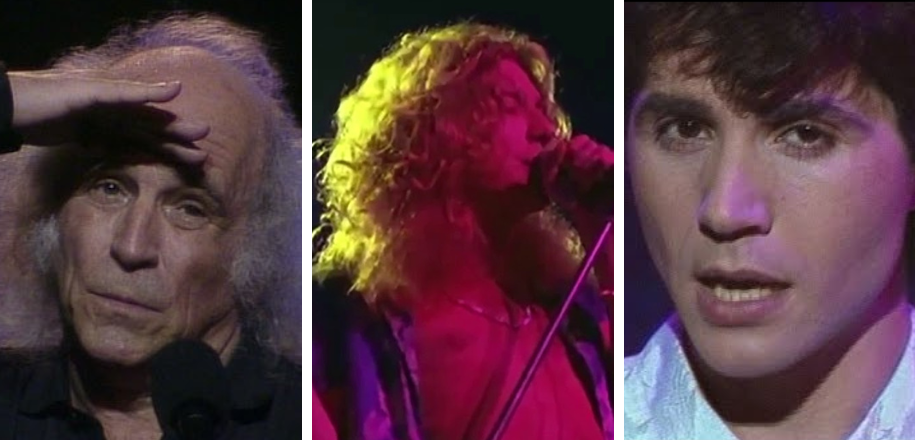
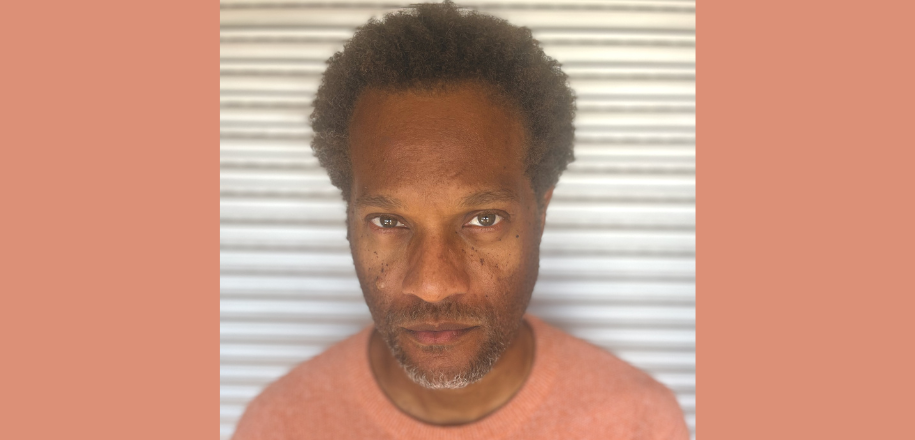
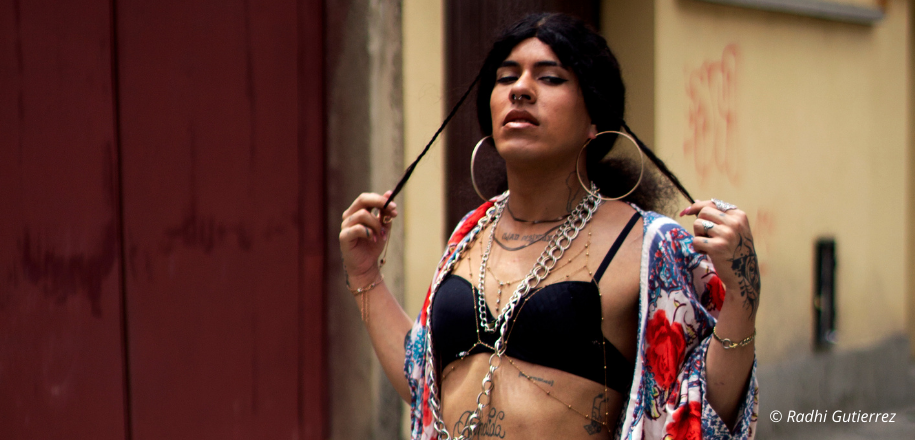

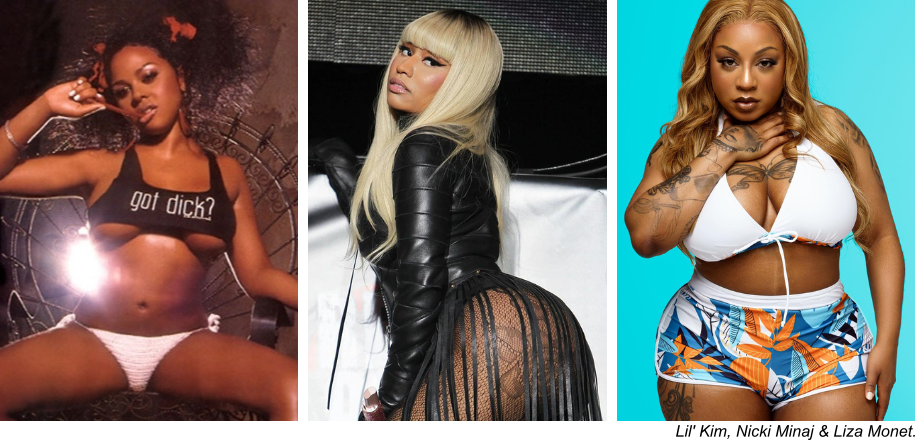
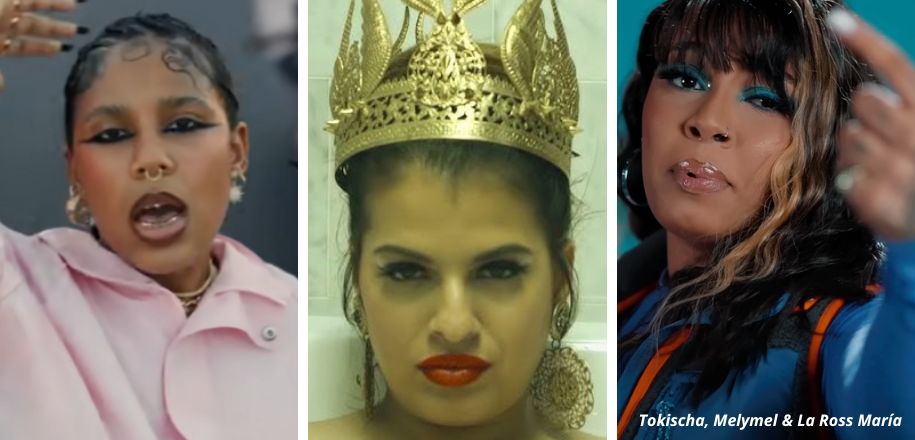
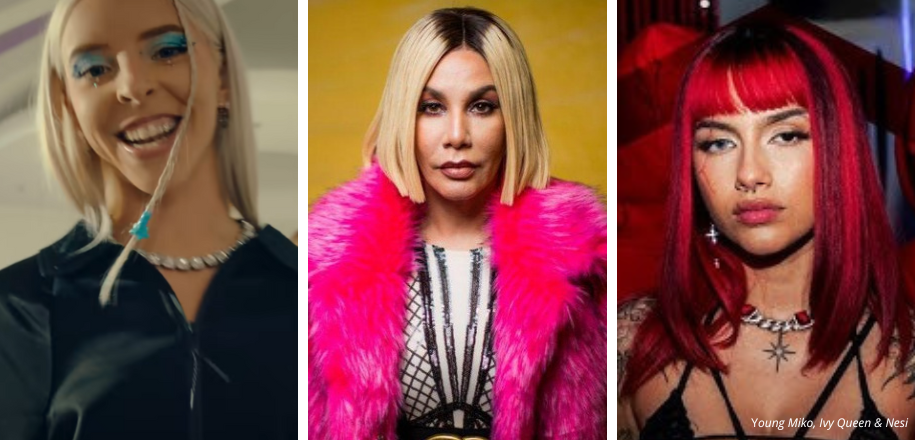
Let’s not forget Steely Dan’s year 2000 hit, “Cousin Dupree.”
From what I understand this is about a pedophile and not a personal story. Just to be clear.
I don’t know all the songs you’re talking about. But what I’m sure of, is that you make a huge mistake about “Sick again” from Led Zeppelin. Robert Plant talked about groupies that were waiting for them, and he took pitty about them.
Nothing to do with pedophiles.
The lyrics, “One day you’re going to reach sixteen.” Fuck do you mean. Straight Pedo-lyrics.
Remember being a kid… some people definitely could have gotten it…
“Brown Sugar, how come you taste so good?
Brown Sugar, just like a young girl should.” Also Straight pedophile lyrics. Yes it was also about slavery, torture, as well as pedophilia and rape. If it was a grown female he’d refer to it as “woman” maybe “young woman”. Not a “girl” (girl is not an adult woman and has to mature before becoming an adult woman.) and certainly not a young (That’s where is crosses the line. Young would just mean a younger adolescent female, no chance of adulthood yet. Words do carry meaning) one
I already mentioned the LED Zeppelin lyrics above. Here they are again, “One day you’re going to reach sixteen.” (Also signifies a girl who has clearly not reached any but of adulthood yet. Not even close to 18, maybe not even close to 16.
I think you should try to at least listen to the lyrics before you try to understand the lyrics.
-P.S. – You missed the main thing that categorized these songs as being related to pedophilia. It seems you don’t even know lyrics, let alone understand them.
SPOT-ON DEVIN! And really, it all boiled down to politics and what culture in society was richocheting off of current narratives. I.e, look at Justin Bieber and the PDiddy allegations. That poor kid but thank God he has an outlet in his ability to write about it, which encompassed pedophilia as the rotting root of Diddy’s satan-lined and now fallen, music empire. Who knows for certain, other than the author, the true premise of their controversial lyrics. But more thank likely, it boils down to a horrific experience in the woke, dark industry.
And about “Brown Sugar” from the Rolling Stones, the song talk about African slaves who were sold to New Orleans and raped by their white masters.
Me think you should try to understand the lyrics before taking a judgement
Julie, you said it best! Ppl need to STOP PUSHING FALSE NARRATIVES!!
My Sharona has always really bothered me. Even as a kid in the 90s I asked my parents why he was talking about getting it up from the younger kind. There were worse songs out there but that one always made me feel gross for some reason. Everyone in the world just made it seem like it was normal.
Don’t forget the police don’t stand so close to me
“The Wrong Way” by Sublime.
“Into the Night” Junior Tucker
“Girl You’ll Be a Woman Soon” Neil Diamond
Interesting that teenage girls were groupies of bands like Van Halen, Motley Crue, Red Hot Chili Peppers, Sublime, and Guns and Roses, or more recently R. Kelly, Drake, P Diddy and others, of which there were reports of people in these bands and these performers being intimate with those underage girls, but only 10% of those performers ever had charges filed against them.
Also, the song “Edge of Seventeen” Stevie Nicks
“All I wanna do is make love to you (All Night Long)” Heart
“One Way or Another” Blonde
“Here to Remind You” Alannis Morrisette
Not a bad list, but I feel like there is some very heavy bias toward male on female predation and ignores all the songs that feature adult women having sex with underage males.
One reason this type of predatory sexual behavior is difficult to combat is because of HOW it is viewed and discussed. If you tell an adult that they are a pedophile (someone who is sexually attracted to prepubescent children) when they are attracted to a 16-17 year old they will immediately shut down from listening to anything else you have to say.
If anything, the sheer number of these songs illustrate just how common this type of behavior is. While it is still wrong and predatory, it is very different than someone who victimizes a very young child, therefore treating it at the same thing is not going to be effective.
“Go Away Little Girl” 1970s I think…